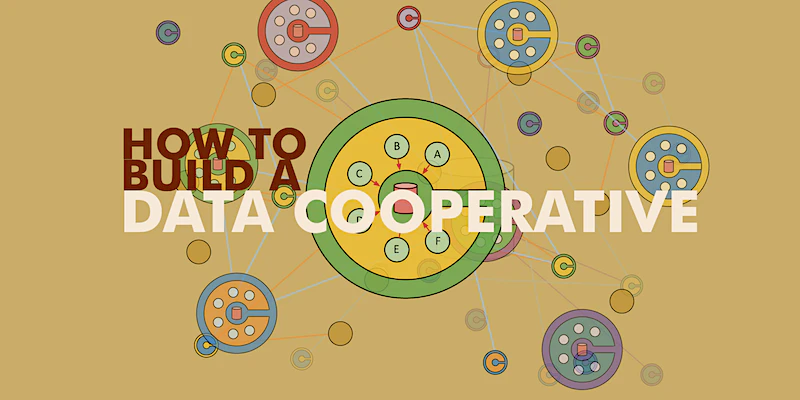Welcome to the seventh instalment of our blog series showcasing Open Data Manchester’s decade of data-driven change. In this series, we’re diving into eight case studies that demonstrate the real-world impact of our projects.
Today, we’re exploring our collaboration with Carbon Co-op to develop a cooperative model for managing energy data.
Energy Data Cooperative: Data Done with People, Not to Them
As smart meters become more prevalent, energy users generate vast amounts of data, often without realising it. The aim of this project was to explore whether a cooperative model of data custodianship could allow members’ energy data to be collected, used, and shared more effectively, benefiting individual members, the cooperative, and wider society.
Our Approach
Open Data Manchester partnered with Manchester-based Carbon Co-op on this project, supported by the Open Data Institute’s Data Infrastructure Stimulus Fund. Our methodology included:
- Introductory workshops: We began with sessions introducing data concepts to participants with varying levels of expertise;
- Cooperative design workshops: We explored the design and management of a data cooperative;
- Expert engagement: We brought together community members and experts to discuss these issues;
- Report publication: We compiled our findings into a comprehensive report;
- Public event: We hosted ‘How to Build a Data Cooperative’, presenting our findings and featuring international speakers.
We conducted a total of 6 workshops with 10 participants from across the UK, including representatives from the private and academic sectors, as well as Carbon Co-op members.
Key Outcomes
Our project resulted in several significant outcomes:
- Development of a potential model for cooperative management of energy data.
- Publication of a report detailing our findings and recommendations.
- Creation of a framework for exploring data cooperative models in other sectors.
- Establishment of a Data Cooperative Working Group with international participation.
- Increased understanding of the challenges and opportunities in creating trusted data cooperatives.
Impact
The project has sparked international interest in data cooperative models. Our ‘How to Build a Data Cooperative’ event attracted attendees from countries including the Netherlands, Germany, Belgium, France, Sweden, Portugal, Turkey, South Africa, India, USA, Canada, and Bolivia. As one attendee described it, the event was “very illuminating on a fairly novel concept.”
The project has raised important questions about trust, transparency, and the practical challenges of setting up and sustaining data cooperatives, contributing to the growing global discourse on ethical data management.
Looking Ahead
As the volume of personal data generated continues to grow, models like data cooperatives could play a crucial role in ensuring that data is used ethically and for the benefit of individuals and communities. This project lays the groundwork for further exploration and implementation of data cooperative models across various sectors.
Read more posts in this series, where we explore more impactful ODM projects. Together, these case studies showcase our commitment to using data and user research for positive change and building a more informed, ethical, and data-empowered future.
If you want to learn more about how ODM can support your organisation’s data strategy, get in touch.

